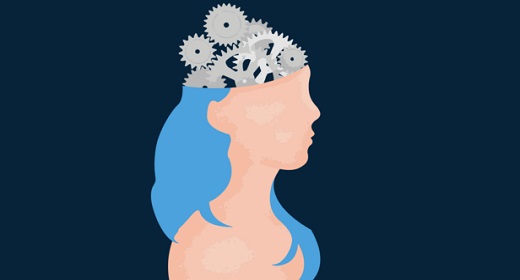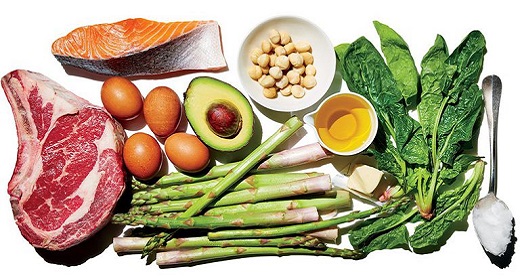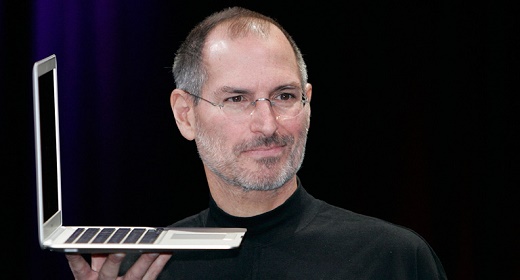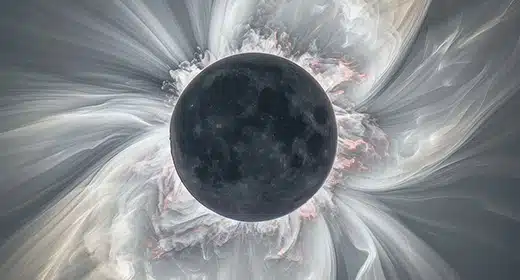by Emma Gray: Women under 40 are more likely to have grown up with empowering female role models. They’re also more likely to see bias against powerful women…
Celeste says her 76-year-old mother never would have imagined the life her daughter lives now.
Growing up, Celeste was taught women were supposed to get married, then stay at home with their children while their husbands went to work. That’s what her own mother did, putting up with what Celeste characterizes as an unhappy marriage for upward of two decades.
Celeste was determined not to do the same.
She got divorced from her husband and is now married to a woman. The 34-year-old manages an automotive parts store in Long Island, New York ― a male-dominated environment where she’s the boss.
“I did everything opposite that I was supposed to do, and I’m happy,” said Celeste, who identified herself only by her first name.
Celeste’s attitudes about women and power, and the way they differ from her mother’s, reflect a generational shift. A new survey commissioned by HuffPost, Yahoo and CARE found that millennial women are more likely than their older counterparts to see bias against powerful women, as well as to want to see more women in positions of power. (Read the full survey and analysis here.)
These younger women are also twice as likely to report seeing mostly female role models (23 percent of women under 40 said this was the case, compared to just 11 percent of women 40 and older). “My generation views women as more of role models [than older generations did],” Isabel, 22, from Burlington, Vermont, said in a subsequent interview. She added that there are simply “more female role models now.”
I did everything opposite that I was supposed to do, and I’m happy.Celeste, 34
Evidence backs up Isabel’s impression, said Rebekah Fitzsimmons, a Brittain postdoctoral fellow at Georgia Tech and the assistant director of the university’s writing and communication program.
Women under 40 grew up with mainstream literary and pop culture heroines who were physically and intellectually powerful ― including the girls of The Babysitters Club series, vampire-slaying Buffy, Katniss Everdeen, the Charmed Ones and Hermione Granger.
“[These TV shows and books] featured badass female main characters who grew into really powerful and interesting female adults and potentially role models,” Fitzsimmons said.
But having female role models doesn’t necessarily lead to a rosy view of what it means to be a woman in power. Sixty-one percent of those 18 to 39 saw a great deal or a good amount of bias against women in positions of power, while just 47 percent of those 40 and older reported the same. Still, women under 50 were more likely to say they’d like to see more women in positions of power.


Celeste has seen such bias play out in her own life. She told HuffPost that men come into the auto parts shop and ask for the manager. They often don’t believe her when she tells them she is the manager.
“You have certain women that have gotten to a certain stature and that’s where they’re gonna be,” Celeste said. “We’ve come a long way for women’s rights. But it’s always attacked. There’s always just a limit to it.”
“Women [have] always [been] looked at as the weaker power,” said Danielle, a 34-year-old social worker from Brandon, Mississippi. “[But] times are changing.”
Kim Churches, CEO of the American Association of University Women, told HuffPost that her research has shown women under 40 seem to be much less willing to capitulate to existing expectations.
“The baby boomers … essentially accepted the status quo of how workplaces are structured,” she said. “I’ve been doing focus groups [with women] ages 21 to 40 around the country, and what you’re seeing with younger generations is no acceptance of the status quo.”
These changing attitudes take on even greater significance when considering the upcoming presidential election. Sens. Amy Klobuchar (D-Minn.), Elizabeth Warren (D-Mass.), Kirsten Gillibrand (D-N.Y.) and Kamala Harris (D-Calif.), as well as Rep. Tulsi Gabbard (D-Hawaii), have declared their intentions to run for the Democratic nomination, and millennials are poised to become the nation’s largest generational voting bloc.
















































